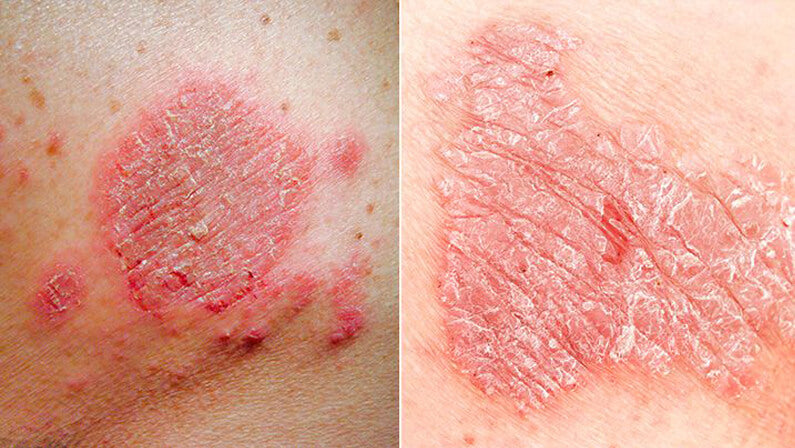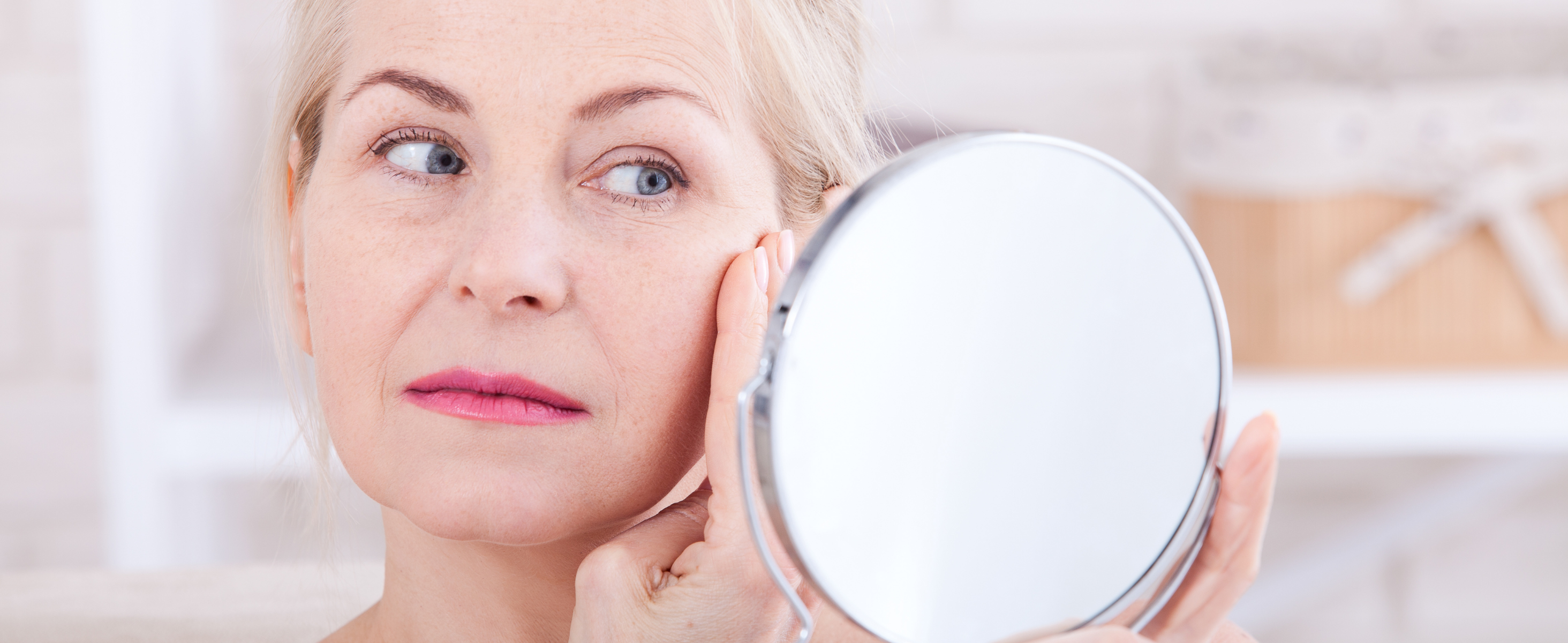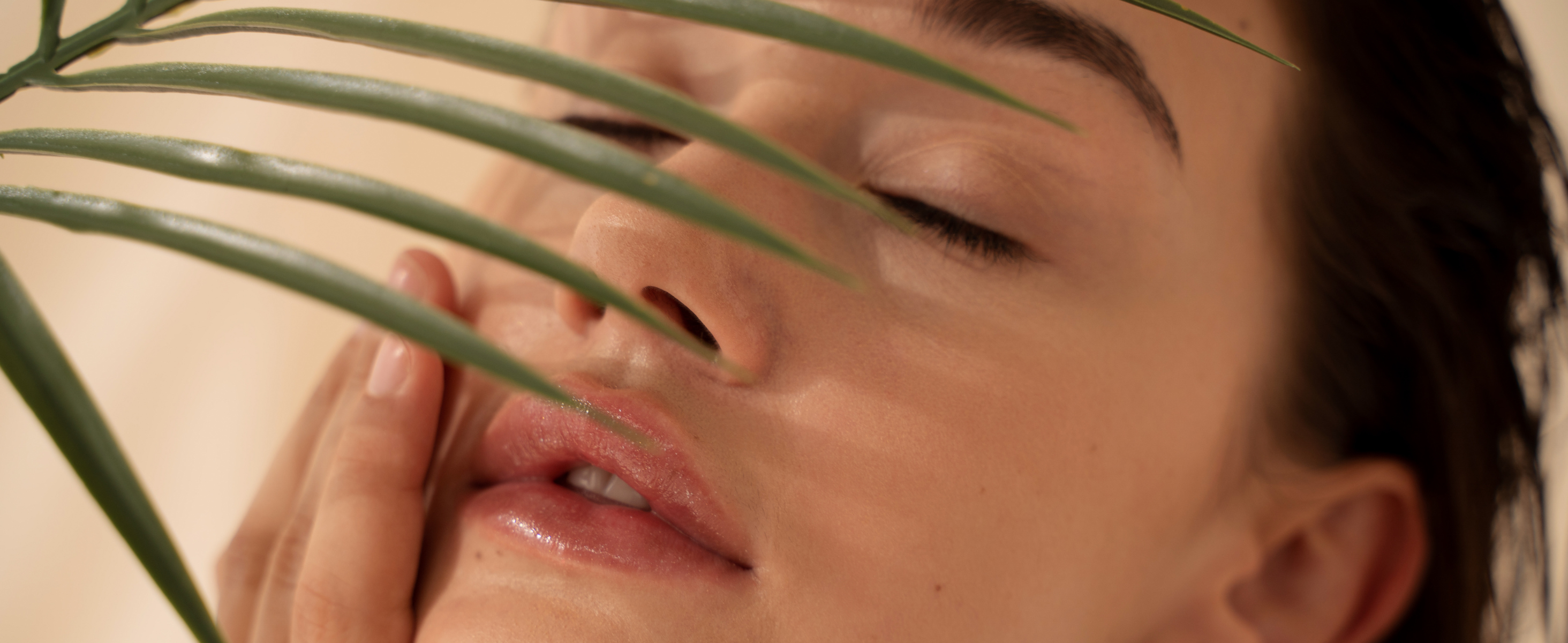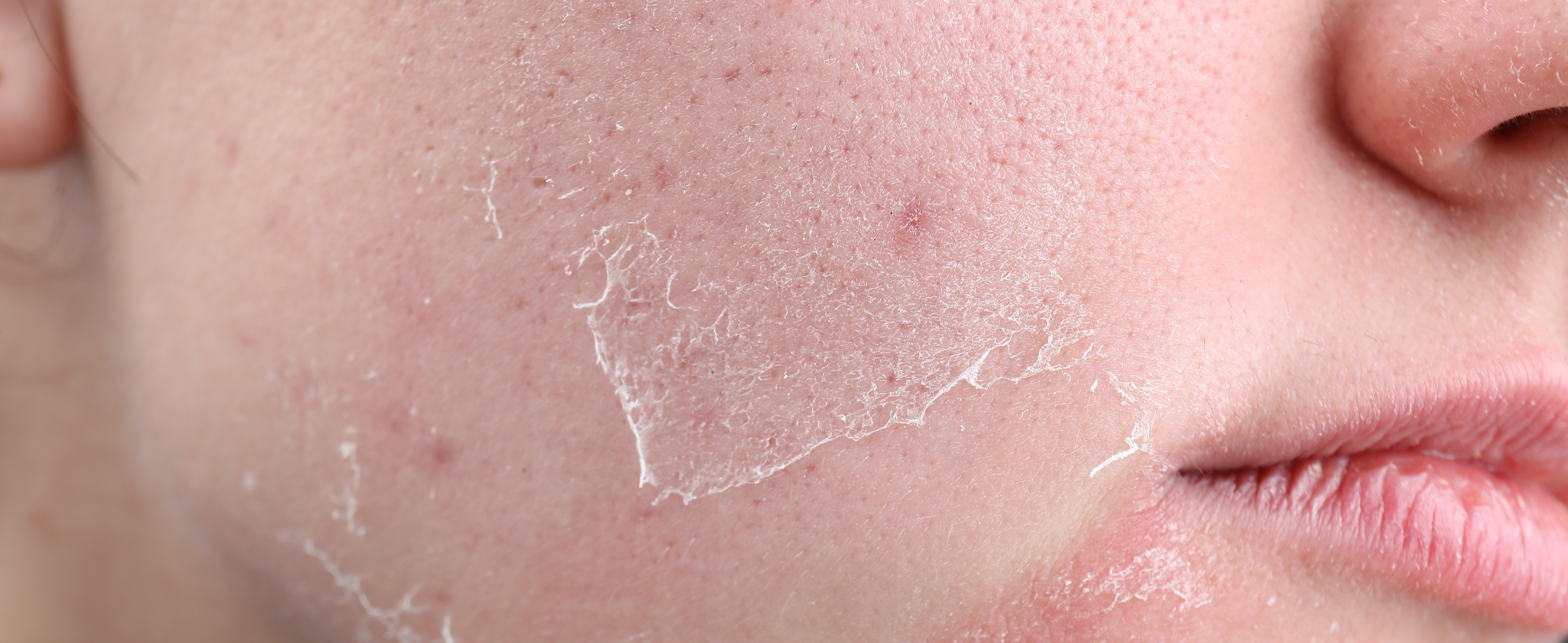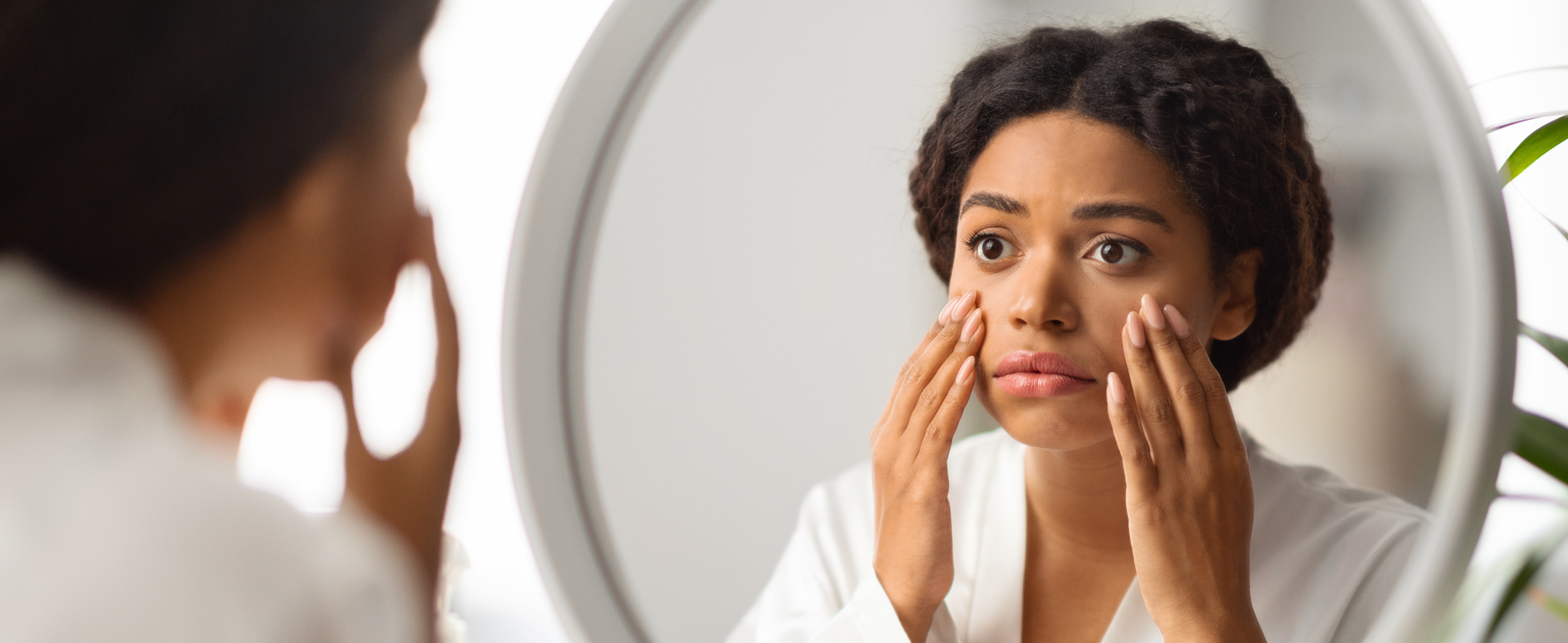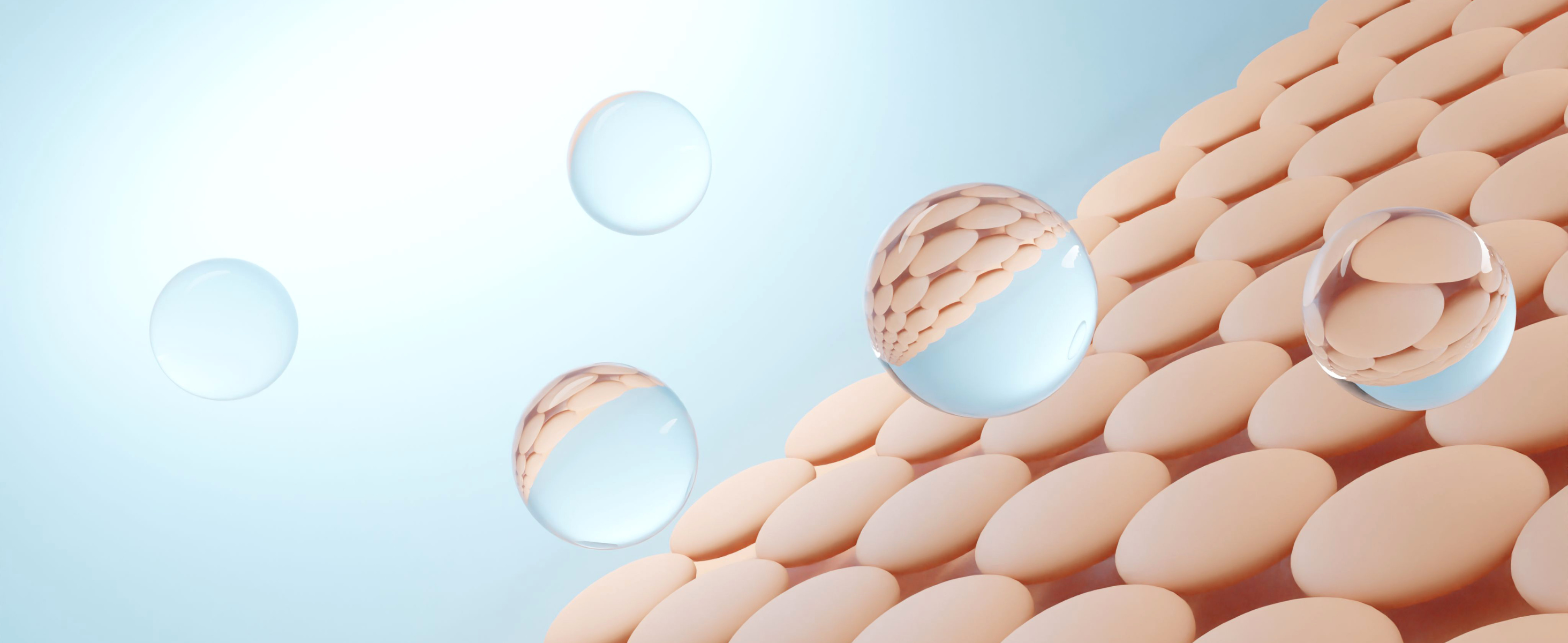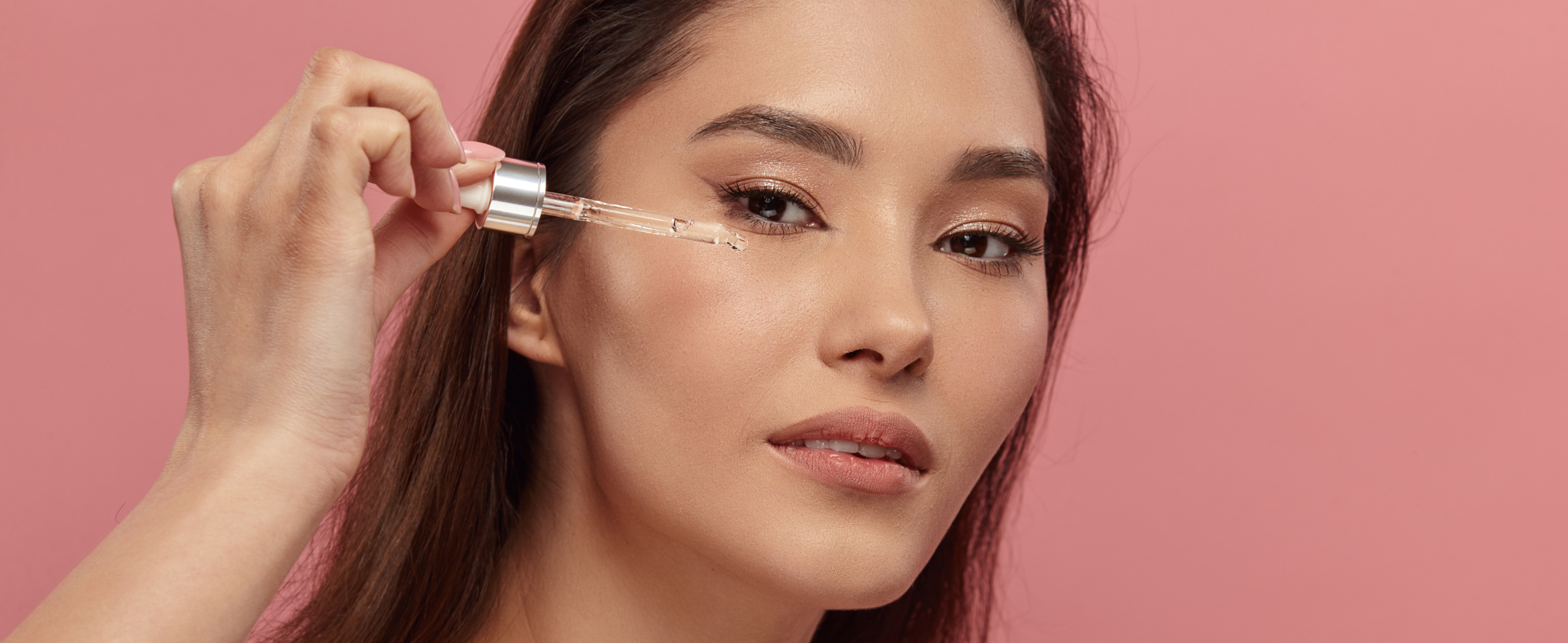Psoriasis and eczema are common skin conditions that often cause confusion due to their similar symptoms. Both result in dry, itchy, and inflamed skin, but they are different in causes, symptoms, and treatments. In this blog, we’ll break down the differences between psoriasis and eczema, their causes, symptoms, and effective treatments.
What’s the Difference Between Psoriasis and Eczema?
Psoriasis is a chronic inflammatory condition driven by an overactive immune system. It leads to the rapid growth of skin cells, forming thick, scaly patches called plaques. It typically affects adults and is commonly found on the scalp, elbows, knees, and lower back.
Eczema (atopic dermatitis), on the other hand, usually begins in childhood but can also affect adults. It causes red, itchy, and cracked skin, often in skin folds like the inside of the elbows or behind the knees. Eczema flare-ups can be triggered by irritants like soaps or environmental factors like dry weather.
The key difference is that psoriasis produces thick, scaly patches, while eczema is more associated with dry, red, and irritated skin.
Causes and Triggers
Psoriasis is caused by an immune system malfunction, where the body mistakenly attacks healthy skin cells, causing an overproduction of new cells. Triggers include stress, infections, skin injuries, certain medications, and cold weather.
Eczema is believed to be caused by a combination of genetics and environmental factors. Common triggers include irritants (such as soaps and detergents), allergens, dry skin, and stress.
Symptoms of Psoriasis vs. Eczema
Both conditions share similar symptoms, such as dryness, redness, and itching, but they also have distinct characteristics:
Psoriasis Symptoms:- Raised, red patches with silvery scales (plaques)
- Itching or burning sensation
- Thickened, cracked skin
- Often found on elbows, knees, scalp, and lower back
- Red, inflamed skin
- Severe itching
- Cracked or scaly skin
- Appears in skin folds like the inner elbows, behind the knees, and neck
Topical Treatments: Corticosteroids, vitamin D analogs, and retinoids can help slow skin cell growth and reduce inflammation.
Light Therapy (Phototherapy): Controlled UV light exposure can help reduce psoriasis symptoms.
Eczema Treatment:
Moisturizers: Keeping the skin well-hydrated is crucial. Use emollients or creams to reduce dryness and irritation.
Topical Steroids: Hydrocortisone creams help reduce inflammation and itchiness.
Lifestyle Changes: Avoid known triggers, such as harsh soaps, and manage stress levels.
Prevention Tips
Although neither condition can be fully prevented, you can reduce flare-ups by:
Avoiding known triggers (soaps, irritants, stress)
Keeping your skin moisturized
Managing stress effectively
Using gentle, fragrance-free products
Consulting a dermatologist for a tailored skincare routine
Recommended Product: ABERA Alan Silver Serum
Can Stress Cause Eczema or Psoriasis?
Yes, stress is a common trigger for both eczema and psoriasis. It can cause flare-ups or worsen existing symptoms. Managing stress through techniques like meditation, exercise, and proper sleep can help control both conditions.
Diagnosis and Consultation
If you’re unsure whether you have psoriasis or eczema, it’s essential to consult a dermatologist. A physical exam and, in some cases, a skin biopsy, can help determine the diagnosis and guide you to the right treatment plan.
Final Thoughts
Psoriasis and eczema are different conditions, but they share some common traits, like inflammation and itching. Understanding the differences, triggers, and treatments can help you manage the symptoms more effectively. If you suspect you have either condition, seek professional help for an accurate diagnosis and personalized treatment.

